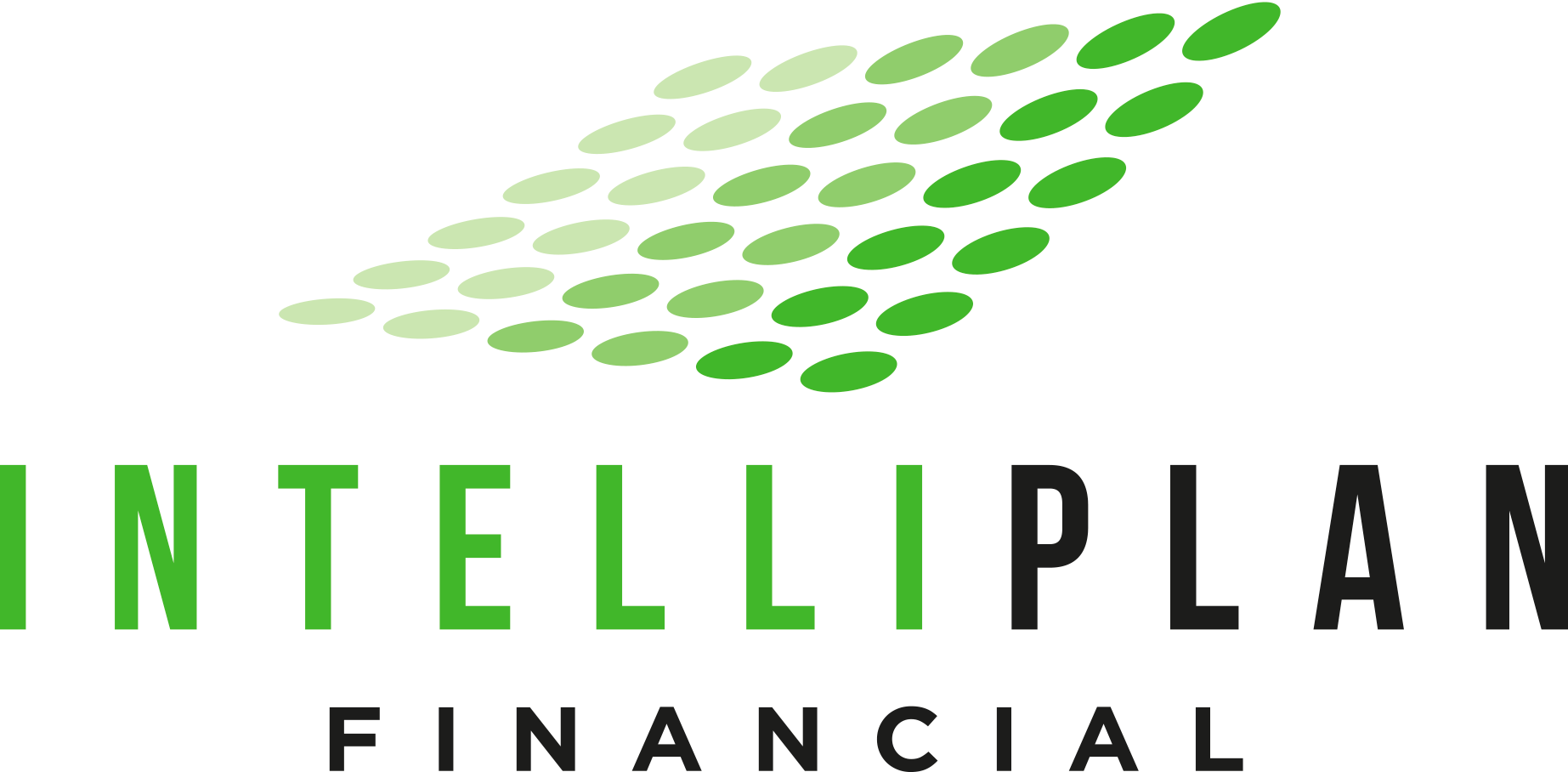Dividend Paying Whole life insurance is a type of permanent life insurance policy that has no expiry date. It offers lifelong protection for the insured and their family, as long as premiums are paid. Dividend Paying Whole Life Insurance policies are also referred to as cash value policies because they build up a cash value over time. This allows you to borrow from your policy or pay off loans against it without reducing the death benefit amount or term length of your policy. Here are the Top 5 Benefits of Dividend Paying Whole Life Insurance:
1.) Tax-Free Retirement Savings Withdrawals
With the current state of our economy, the massive amount of US debt, and the underfunded government pension programs (like Social Security, Medicare, and Medicaid) where do you think taxes are going to go in the future? Do you think it would be a benefit to have been accumulating cash value in a Dividend Paying Whole Life Insurance policy that you can withdraw on a tax-free basis during your retirement years?
Income taken from a life insurance policy does not count towards your provisional income. This means you will be able to keep more of your social security check and pay less on your Medicare premium. Using a life insurance policy for retirement income is very similar in theory to taking income from a Roth IRA. However, Dividend Paying Whole life Insurance policy’s have increased in value every year for over 160 years with no losses and there are less limitations on life insurance.
2.) Build Cash Value and Utilize Policy Loans
Dividend Paying Whole life insurance can be a great way to build cash value and utilize policy loans. Policy loans are tax-free, interest-free, and you repay them over a period of time. If you need to pay off debt or purchase a home, this option can be very helpful.
As an example, let’s say your goal is to have enough money saved up for retirement by the time you’re 60 years old. You might consider buying a dividend paying whole life insurance policy in order to save up even more money toward that goal. The longer you keep it, the more valuable your policy becomes—and with that added benefit comes additional financial flexibility!
3.) Reduce the Taxes on Social Security Benefits
When you begin taking your Social Security benefit you will be required to pay taxes on that benefit. The amount of taxes you will pay is determined by the amount of your provisional income. For example, if you are a married couple with a provisional income over $144,000, then 85% of your Social Security benefit will be taxed.
The income you can generate from a life insurance policy is tax-free, thus not included in your provisional income calculation. By integrating a dividend paying whole life insurance policy into your retirement income plan, you can reduce your provision income and pay less on your social security taxes.
4.) Tax-Free death benefit payout to heirs
Though you may pay more in premium for a dividend paying whole life insurance policy than other types of coverage, it offers several benefits that can be beneficial to your family. If you die while your policy is active, the death benefit payout will go directly to your beneficiaries, who will then use it as they see fit. This can be used for college or retirement savings, or for a down payment on a home if the beneficiary does not already own one.
The money received from these policies is tax-free and generally not counted as income by the IRS when determining eligibility for Social Security benefits such as Medicare or Medicaid. One of the main reasons why wealthy families purchase so much dividend paying whole life insurance is because it is the most tax-efficient way to transfer wealth. Many families originally built there wealth through Dividend Paying Whole Life Insurance.
5.) Dividend Paying Whole life insurance can be used to meet many financial needs.
Dividend Paying Whole life insurance can be used to meet many financial needs. It can be used as part of a financial plan to pay for retirement, pay for estate taxes, for your children and grandchildren’s college education, and pay off debt, It can be used for purchasing homes, cars, and other investments like real estate. The ways dividend paying whole life insurance can be used are numerous and tax-efficient.
There are many ways you can fund your policy and if designed correctly, the money you add grows tax-deferred and can be withdrawn tax-free. AND don’t forget, it is life insurance. If you were to pass away prematurely, you can still provide for your family from the grave.
Do I qualify for a Dividend Paying Whole Life Insurance Policy?
You must be 18 years old to purchase and own a dividend paying whole life insurance policy and you must be in good health to qualify. If you are uninsurable, you can purchase and own a policy on someone you have an insurable interest on, like a parent, child, or even a sibling. If you are married, can you purchase and own a policy on your spouse, or you both can be insured on the same policy, known as second to die policy.
You will have to show a steady income that shows no signs of decreasing as the insurance company must confirm you can afford the insurance policy. If you have filed Bankruptcy and are on a payment plan, you must complete the payment plan before applying for the policy. Your credit rating does not matter because there is no lender involved when purchasing a dividend paying whole life insurance policy. The best way to find out if you qualify, is to speak with your agent and start the application process.
Conclusion
In conclusion, a dividend paying whole life policy is a great option for anyone looking to protect their assets and provide for their loved ones. Dividend Paying Whole life insurance provides tax-free death benefit payouts to heirs, builds cash value that can be used as loans or withdrawals, reduces the taxes on social security benefits, and can even help you meet many other financial needs.
If you think a dividend paying whole life insurance policy might be right for you, contact an experienced agent today!
Financial Planning and Advisory Services are offered through Prosperity Capital Advisors (“PCA”), an SEC registered investment adviser. Registration as an investment adviser does not imply a certain level of skill or training. Intelliplan Financial and PCA are separate, non-affiliated entities. PCA does not provide tax or legal advice.







